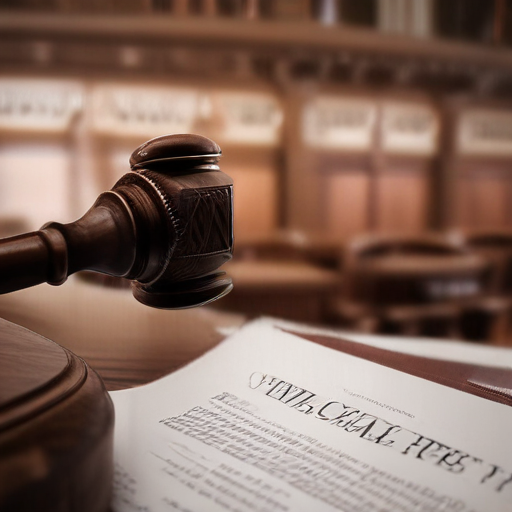The Supreme Court has decisively rejected President-elect Donald Trump’s bid to halt criminal proceedings related to his hush money case in New York, allowing a sentencing hearing scheduled for Friday to proceed. The court’s ruling, determined by a narrow 5-4 vote, marks a shift from their previous decisions, which had favored Trump on two significant occasions last year.
In their brief unsigned order, the Supreme Court stated that the issues Trump raised could be adequately addressed during the appeal process, and emphasized that the burden of sentencing on Trump is “relatively insubstantial” as he is not facing prison time.
Trump expressed his belief that the decision was fair while also mentioning his plans to appeal. At a gathering in Mar-a-Lago, he criticized the legal case against him as politically motivated, asserting, “I’ll do my little thing tomorrow. They can have fun with their political opponent.”
The case revolves around Trump’s conviction for falsifying business records connected to payments made by his former attorney Michael Cohen to adult film star Stormy Daniels during the final days of the 2016 election—a claim that Trump has consistently denied. His legal team argued that presidential immunity, established in a prior Supreme Court ruling regarding Trump’s actions surrounding the 2020 election, should extend to him now as president-elect.
Judge Juan Merchan, who oversaw the trial, had initially postponed the sentencing but ultimately ruled that Trump does not qualify for immunity until he assumes office, maintaining that the sentencing would not involve prison time.
The Supreme Court’s recent rulings have seemingly cleared obstacles for Trump’s return to the presidency despite ongoing legal challenges. Their prior ruling on presidential immunity has already affected the outcome of separate legal proceedings against him and ensured he remains on ballots, reinforcing his commitment to running for office again.
This situation underscores the ongoing legal complexities surrounding Trump’s presidency and his campaign to regain office. As the legal landscape continues to evolve, it remains to be seen how these proceedings will impact his political future and the broader electoral landscape.
Overall, the unfolding events serve as a reminder of the intricate intersection of law and politics, particularly in Trump’s unique circumstances as he navigates through both his impending presidency and legal challenges.
